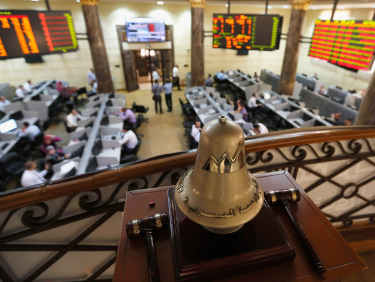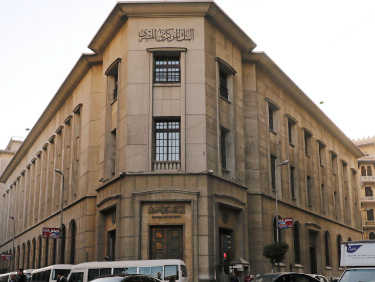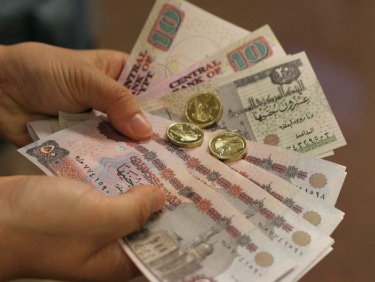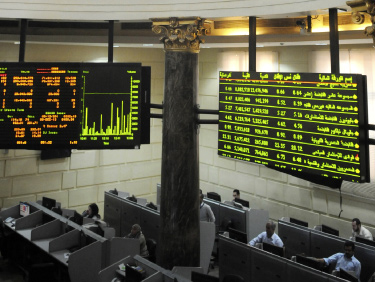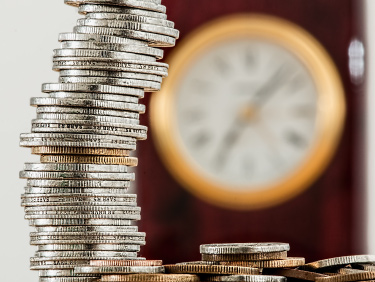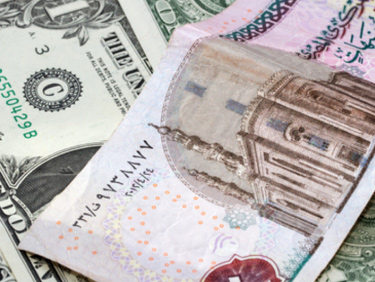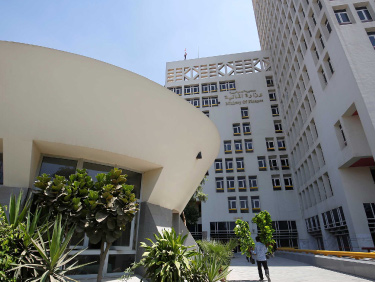- Continuation of the easing cycle by 4Q19e, following the completion of fiscal consolidation measures, should stimulate private investment and GDP growth.
- External position to further improve on a rebound in FDIs, with portfolio inflows currently leading to EGP appreciation.
- Capital market reforms along with the resumption of the partial asset sale program should help the stock market reflect improved economic fundamentals.
Lower interest rates key to more sustainable growth: Public spending has been the major driver of GDP growth, helping it to grow 5.3% in FY17/18 from 4.2% a year earlier, with public investments growing c62% and private investments dropping c15% in real terms. HC believes the resumption of the easing cycle will be a catalyst for private investment growth, which in turn should promote more sustainable GDP growth. Moreover, they believe foreign direct investments (FDIs) will reverse trajectory in FY19/20e and grow on increased confidence in the Egyptian economy, aided by strong external position fundamentals, credit ratings upgrade and local stability. That said, HC expects Egypt’s GDP growth to reach 5.5% in FY18/19e, 5.9% in FY19/20e, and 6.3% in FY20/21e. In addition to the private investment pickup, they also see that approving the proposed amendments to decrease trading costs, increasing tax incentives for listed companies, and the resumption of the partial asset sale program as important catalysts for the capital market, leading it to reflect the improved macroeconomic indicators.
Inflation to moderate following fiscal consolidation measures: On the fiscal front, the government’s prudent commitment to fiscal consolidation efforts should put the budget deficit on a descending trend and secure a stable primary surplus. HC expects the budget deficit to drop to 8.0% of GDP in FY18/19e, to 7.2% of GDP in FY19/20e, and to 6.5% of GDP in FY20/21e, from 9.7% of GDP in FY17/18. They expect tax revenue to range 14.0%–14.2% of GDP over their forecast period, and expect expenses to drop from c28% of GDP in FY17/18 to c24% of GDP by FY20/21e. During FY19/20e, the government aims to reach full cost recovery for petroleum products (excluding butane) and will accordingly lift most of the energy subsidies. HC estimates gasoline and diesel prices will rise 15%–30% in June–July 2019 compared to average price increases of 35%–51% in FY17/18. That said, they expect inflation to average 14.2% in FY18/19e, 12.4% in FY19/20e, 10.3% in FY20/21e, and 8.4% in FY21/22e. Accordingly, HC expects the Central Bank of Egypt (CBE) to resume its rate cuts in 4Q19e for a combined total cuts of at least 500 bps over both 2019e (200 bps) and 2020e (300 bps), getting closer to pre-2011 revolution interest rates.
Strong external position supports currency, while significant portfolio flows lead to exchange rate volatility: Egypt’s external position fundamentals have been strengthening since 2Q16, but HC believes EGP rate movements remain largely dependent on foreign portfolio flows, which reached USD17.4bn in April 2019. On the current account front, Egypt’s Ministry of Petroleum aims to reduce the petroleum-product deficit as it expands its refining capacity and substitutes more petroleum-product imports for crude oil. Accordingly, they expect a marginal petroleum trade balance surplus starting FY19/20e. HC also sees tourism revenues continuing to improve on stable security conditions, to exceed pre-revolution levels starting FY18/19e. That said, they forecast a current account deficit of USD7.0bn in FY18/19e, USD5.7bn in FY19/20e, and USD5.4bn in FY20/21e. HC sees FDIs accelerating over the coming 2 years to cover the current account deficit starting FY19/20e, reaching USD7.8bn in FY19/20e and USD8.6bn in FY20/21e. On the financial account, they expect the government to continue resorting to Eurobond issuances over bilateral agreements, especially after the end of the IMF Extended Fund Facility (EFF) in FY18/19e. While foreign portfolio inflows to the Egyptian debt market will likely remain volatile and largely linked to emerging market dynamics, they expect Egypt to remain attractive among other emerging markets. That said, HC thinks the recent EGP appreciation is due to the current carry trade inflows, however the rate should stabilize for a while, in their view, before it reverses trajectory by the end of the year as they see the resumption of the easing cycle triggering profit-taking by foreign investors. HC therefore sees the EGP/USD rate smoothly reflecting the inflation differential with trade partners over the medium-term (3 years), and expects the EGP/USD rate to average EGP17.43/USD in FY19/20e and EGP18.25/USD in FY20/21e.
This content is just for general information.

